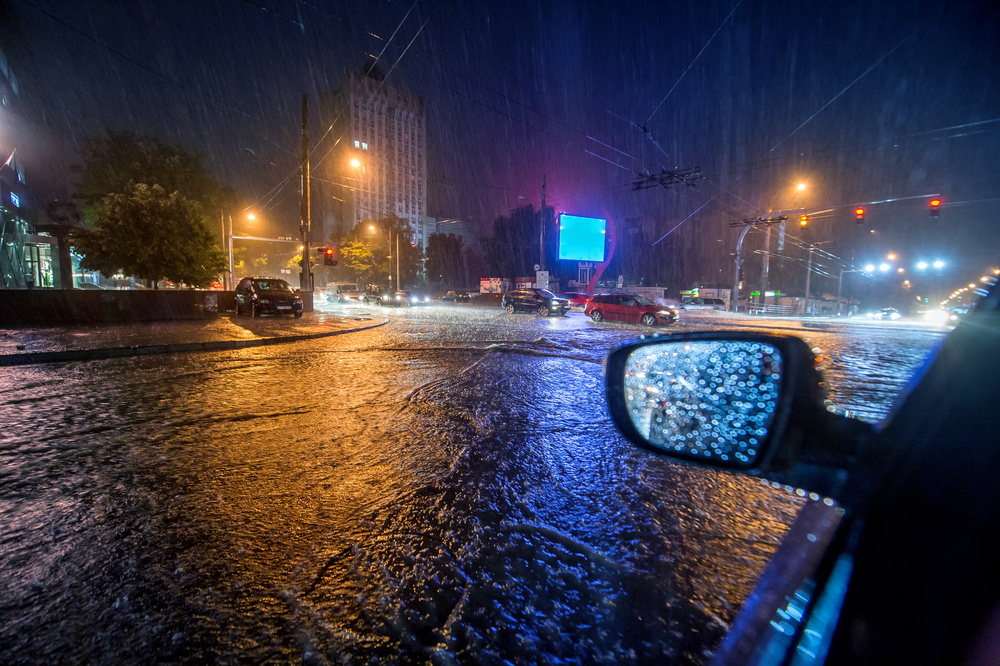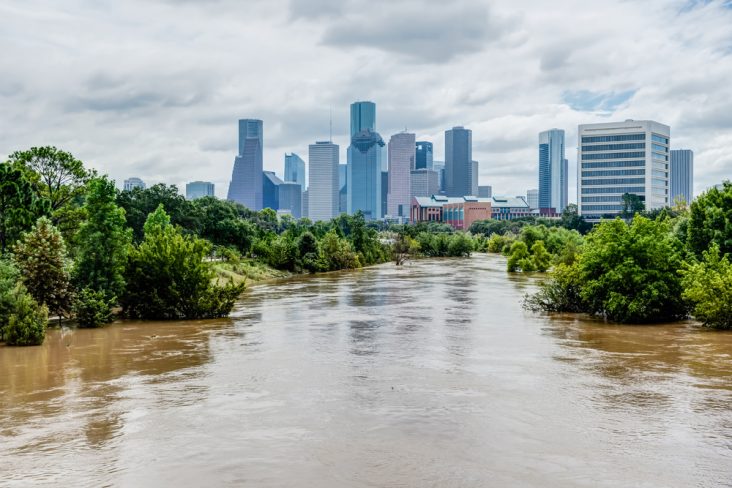Government scientists warn that this season could bring a historic flood season in the U.S and you may be wondering why this is happening. What are the main causes of catastrophic flooding? And is climate changing causing more floods?
First thing to recognize: It’s rather complicated
Each flood has its own wonders related to specific conditions in the area.
Deke Arndt, a climate scientist at the National Oceanic and Atmospheric Administration, said that flooding is complex. He added that it has to do with precipitation falling under gravity. “But also, with the way that water is managed and the surface hydrology — how it flows across the land and is collected and runs off.”

Regarding water management, it involves the maintenance of dams and buildings, spillways, levees and reservoirs. The surface hydrology part which is a field that encompasses all surface waters of the globe (rivers, lakes, overland flows, oceans etc.). This part is about the landscape and how the flow of water is affected (for example, places rich in valleys and steep hills like Vermont can experience destruction from intense raining). The development of malls, housing and other paved-over areas minimizes the amount of open land that can absorb an overflow.
There are many other contributing factors. An example is the late-winter flooding in the Midwest that involved massive amounts of rain falling on icy ground with huge buildup of snow.
The snow melted from the rainfall, and the ice-covered ground was not able to absorb the flow leading to an enormous runoff.
So is climate change a cause?
In Short: yes, but it’s still complicated.
These places have flooded before and will continue to do so. An expected and observed consequence of climate change is that great amounts of rain can increase the possibility of flooding, and heavier precipitation over the long run as Mr. Arndt explained.

That is mainly because a warmer atmosphere can hold more moisture which means more precipitation.
To be able to conclude that climate change had a definite effect on a specific flooding event, a long period of analysis needs to take place with the tools of attribution science. Mr. Arndt explained during a briefing that a lot of homework needs to be done between now and when they can give a final answer.
Climate change has a pervasive effect underlying extreme weather phenomena as Andrew Dessler, a climate scientist at Texas A&M University said. “I think we have to move past the question of, ‘Is climate change affecting the weather?’” he said. “Of course, it is.”
The answers we need by attribution science, he said, is, “How was it affected by climate change?”
Why are we expecting more flooding this spring?
The deputy director of the National Weather Service warns that more water is on the way. The major flooding that was experienced across the lower Missouri and the middle to lower Mississippi Valley is a preview of what is expected throughout the rest of the spring. The deputy director mentioned that flooding will even get worse and more widespread.
Majority of the continental United States will receive above-average precipitation this spring as predicted by forecasters.
Several other factors were evaluated such as soil moisture, drought, current conditions od snowpack, stream flow, frost depth and precipitation.




